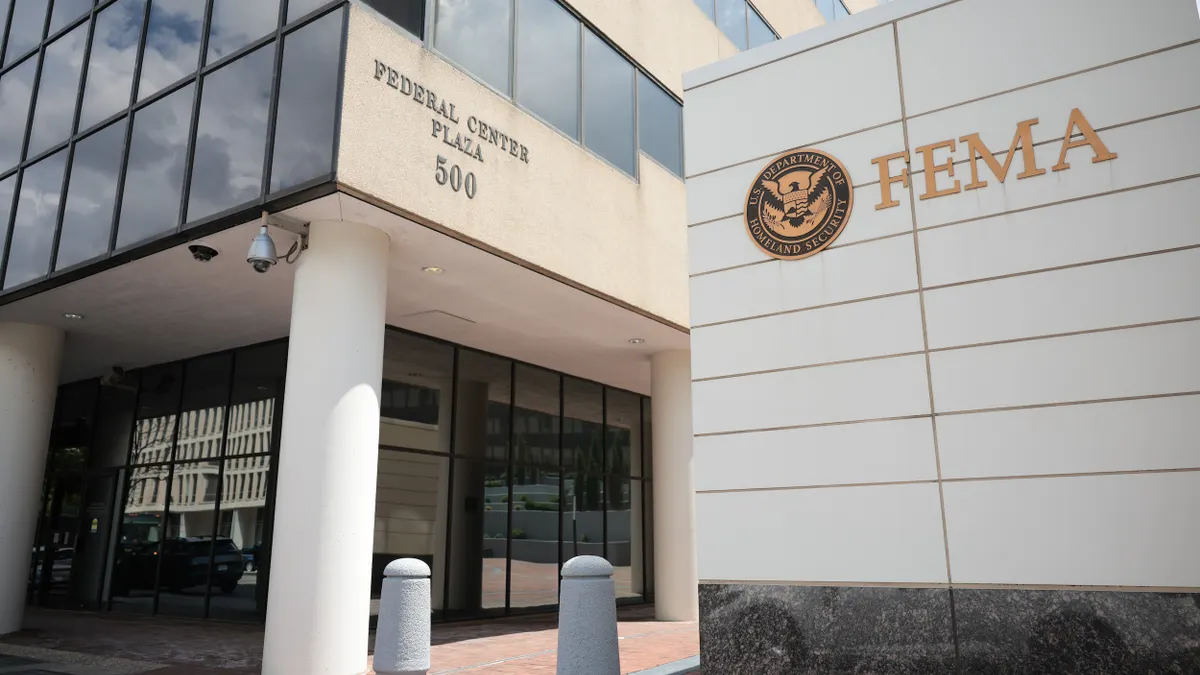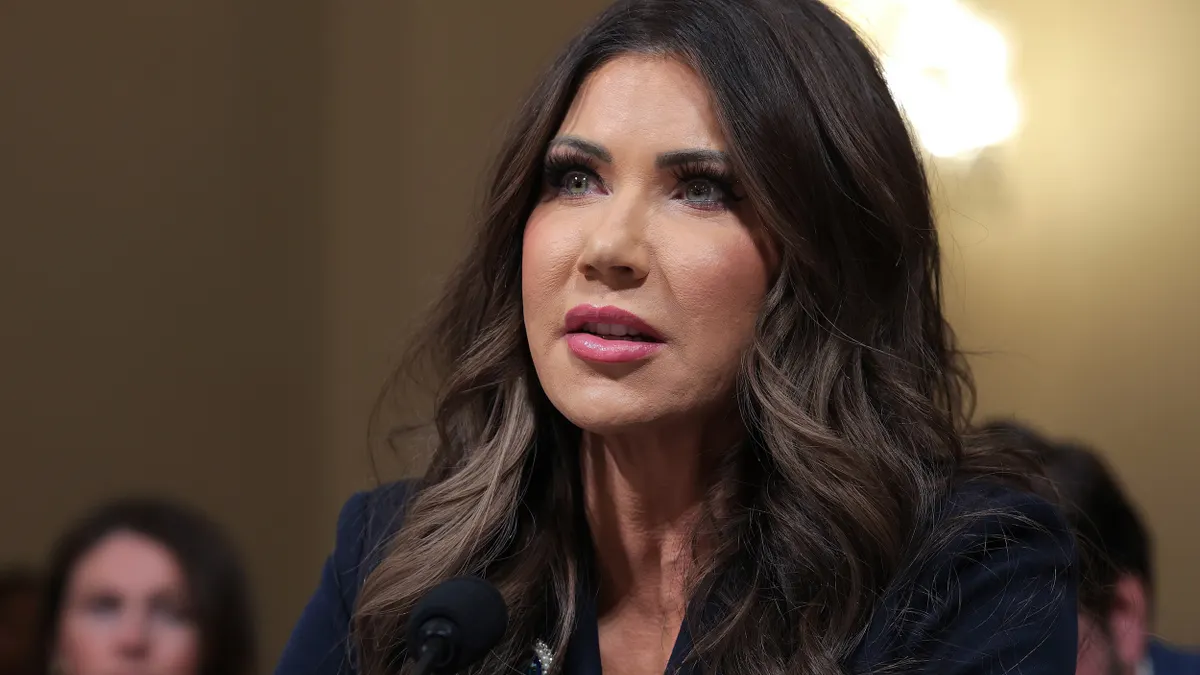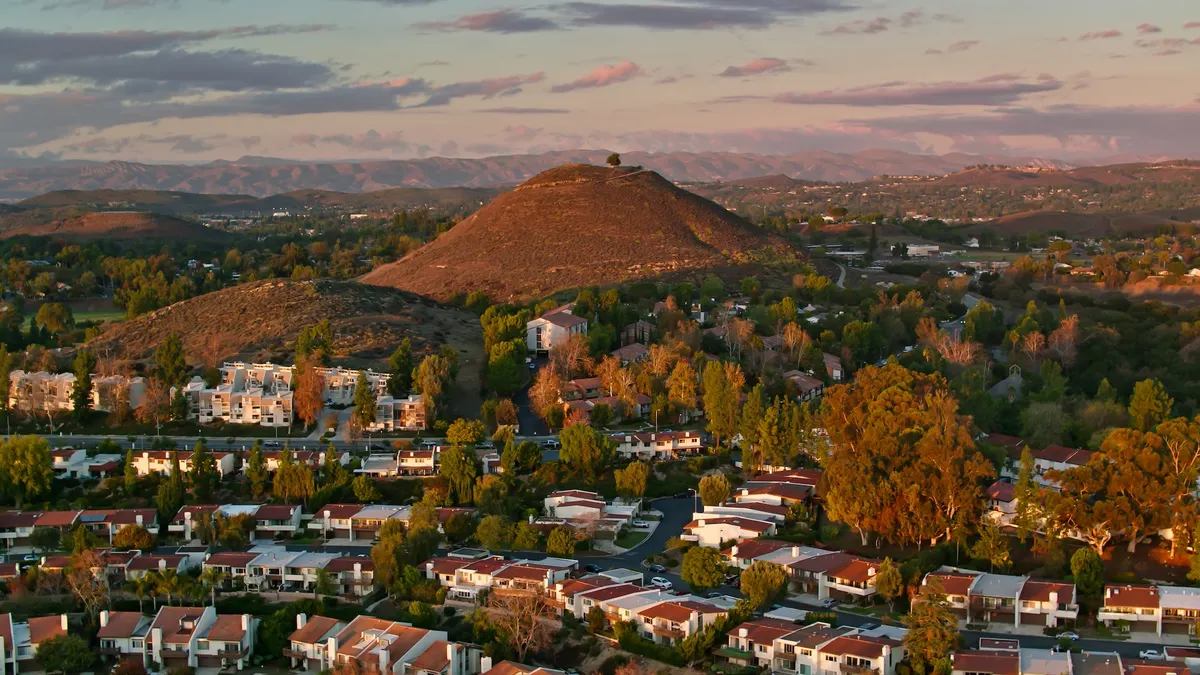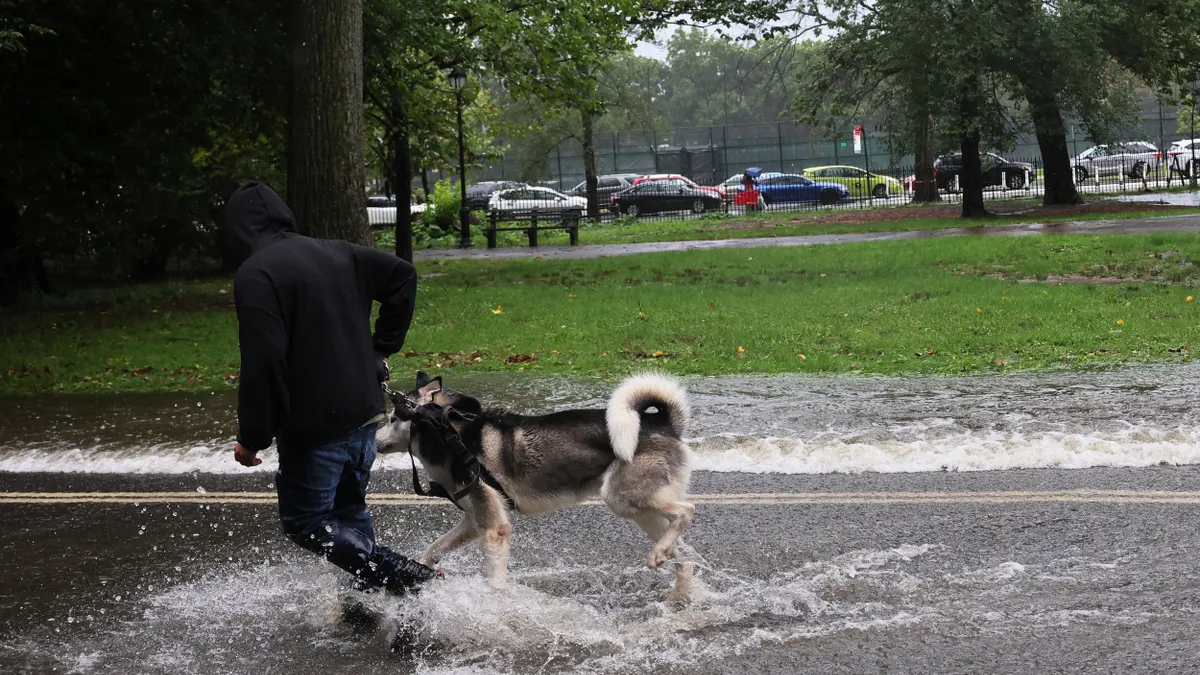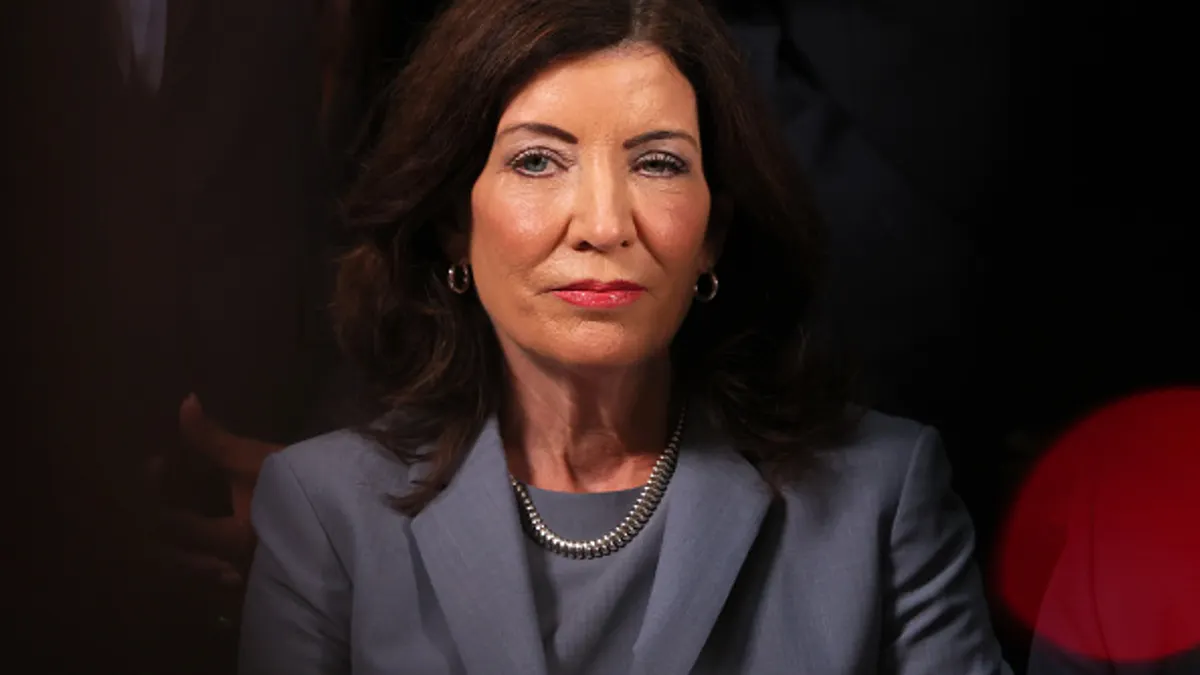A new documentary puts the onus on U.S. city leaders and younger generations to fight the effects of climate change, as the federal government remains seemingly unwilling to take the lead.
Produced by RadicalMedia, in partnership with Bloomberg Philanthropies, "Paris to Pittsburgh" premieres tonight on National Geographic at 9 p.m. EST. The documentary focuses on the ways cities and communities are preparing for climate impacts — and the ways some cities have already been gravely affected.
"The crux of the film really is these local solutions, and how local communities are really putting aside politics, overcoming challenges and just doing everything they can to combat climate change," Antha Williams, program leader of Bloomberg Philanthropies’ Environment arm and consulting producer on the movie, told Smart Cities Dive.
The movie’s name is inspired by a speech President Donald Trump gave when withdrawing the United States from the Paris climate accord in June 2017, where he said that he was elected to "serve the citizens of Pittsburgh, not Paris." The documentary features an interview with Pittsburgh Mayor Bill Peduto, who assured the city would continue to fight climate change despite Trump's comments.
"The irony of course being that Mayor Peduto and the city of Pittsburgh is moving incredibly aggressively to build the clean energy economy to combat climate change and to reduce their emissions," Williams said.
"The crux of the film really is these local solutions, and how local communities are really putting aside politics, overcoming challenges and just doing everything they can to combat climate change."

Antha Williams
Bloomberg Philanthropies Environment program leader
Almost immediately following the withdrawal, cities, states, businesses and nonprofits teamed up in initiatives such as “We Are Still In,” pledging to do their part to uphold the terms of the Paris agreement.
The movie focuses on a small number of those local actions, which it says points to a broader narrative of city and state governments acting where the federal government refuses to despite dire warnings from the likes of the United Nations and federal government scientists.
In the film, viewers see projects and initiatives from Miami Beach, a bustling city that must deal with rising sea levels and higher tides flooding the streets. Meanwhile, there are worries that the intrusion of saltwater into its freshwater supply is not being tackled quickly enough, and existing climate models being applied may under-predict the melting of sea ice, exacerbating the freshwater supply further.
Orlando, FL, meanwhile, must battle with rising temperatures as well as the displacement of so-called "climate refugees," forced from their homes on the coasts and moving inland. That influx places a bigger strain on housing, schools and jobs in the city.
But those cities are fighting back. Miami Beach places a big emphasis on adaptation to rising seas by installing pumps, elevating its roads and adding green infrastructure. And Orlando has committed to generating all its energy from renewable sources by 2050 and is trialing initiatives like floating solar panels and greater use of electric vehicles (EVs).
The documentary also highlights the City of Adjuntas, Puerto Rico, which even with a small population of just 18,000 people showed its resilience in the face of Hurricane Maria. The city runs on renewable energy, meaning it became something of an “energy oasis” when the grid collapsed throughout Puerto Rico.
"These islands do not want to be referred to as the victims of climate change and are instead bold enough to produce solutions," one local resident said in the film.
And Washington County, IA has become a hub for use of solar energy, with many of its farms running on renewables. The state leads the way on wind generation in the U.S., a trend that has attracted technology giants like Microsoft and Facebook to create data centers there that run on renewable energy.
That combined with the growth in jobs at those data centers and in renewable energy means wind power has brought an economic boon to Iowa too, with U.S. Sen. Chuck Grassley, R-IA, appearing on screen to extol wind’s virtues and the 17,000 jobs it is projected to create.
The movie closes on protests led by young people calling for more action, while it also shows former gang members in California being given a second chance with job training in installing solar panels after coming out of prison. Williams said telling those local stories is key for Bloomberg Philanthropies.
"We do a ton of work at Bloomberg to support grassroots campaigns, movements, local work, supporting mayors in their city halls to do the right thing, working with businesses," she said. "But it's really pretty new and unique that we've been able to turn what we know about storytelling towards these issues and really elevate what's happening on climate change."
"Paris to Pittsburgh" airs Wednesday, Dec. 12 at 9 p.m. EST on National Geographic.







